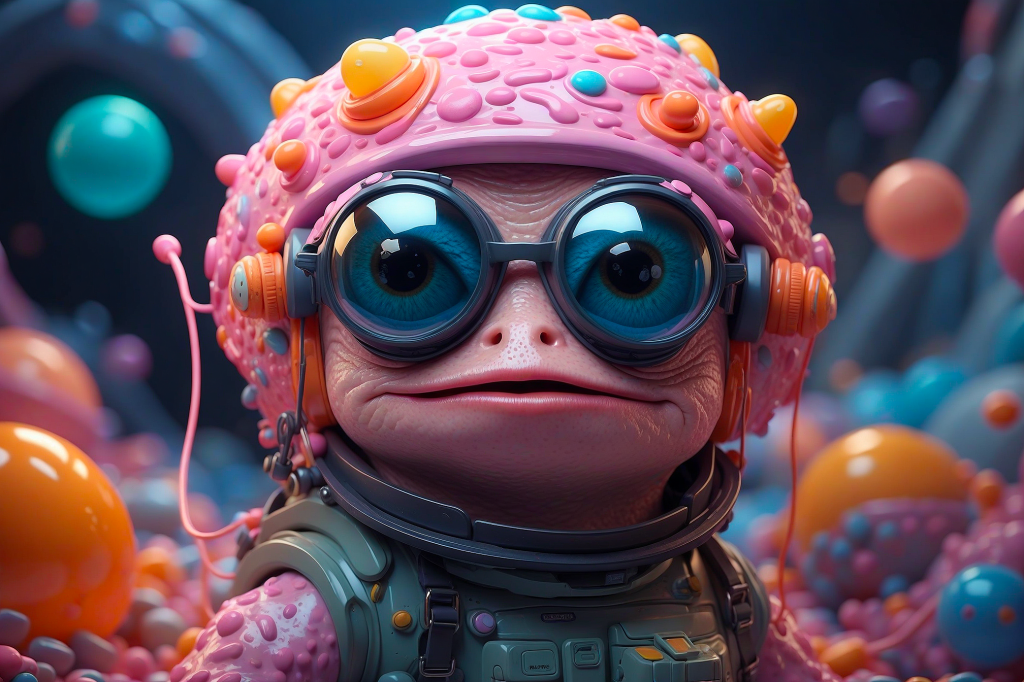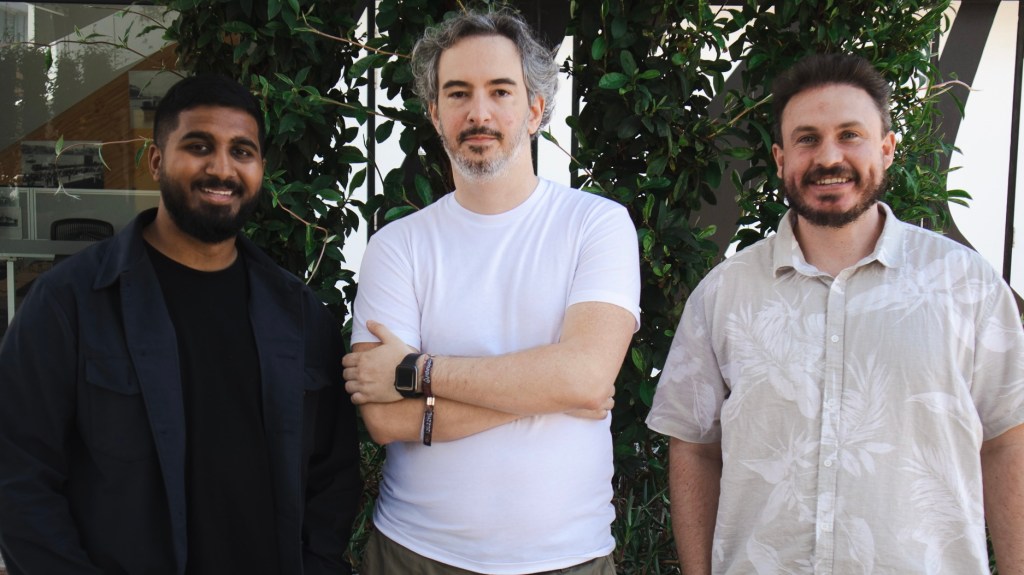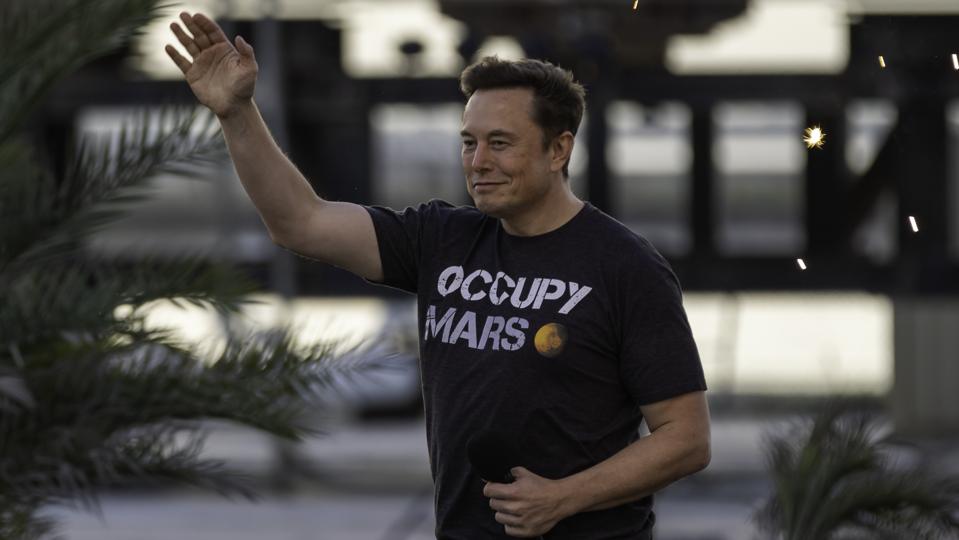An Australian generative AI platform that raised $47 million last year has been snapped up by design juggernaut Canva, but the numbers are hush-hush.

Generative AI content production platform, Leonardo.AI, is the latest company to join Canva’s ranks, after its acquisition was announced on Tuesday.
Canva, last valued at $40 billion, said the acquisition would allow it to work towards developing the world’s leading design AI technology.
“With Leonardo.Ai’s incredible foundational model, and team of 120 high-caliber researchers, engineers, and designers, this acquisition bolsters our ability to supercharge our growing suite of AI products while investing in continued research and innovation to unlock the future of visual AI,” the company said in a blog post.
Leonardo.AI and its 120-strong team will continue to develop its web platform for its 19 million users, aided by Canva’s financial resources, expertise and licensed content from its Canva Creators program.
Canva says it also plans to integrate Leonardo.AIs technology, and its Phoenix foundational model, into its existing suite of Magic Studio products.
“By accelerating Leonardo’s world-class AI technology and integrating it into Canva, we’re able to further empower every kind of professional to push the boundaries on the creative and strategic aspects of their work – leading to faster, more innovative, and more compelling visual communication,” the company said.
Canva hasn’t said how much it paid for Leonardo.AI, but we know the genAI start-up last year banked $47 million in funding from the likes of Blackbird, Side Stage Ventures and Smash Capital.
“We’re thrilled to welcome Leonardo.AI to Canva – two Australian companies joining forces to bring world-first breakthroughs in AI and creativity,” Cameron Adams, co-founder and Chief Product Officer of Canva, says.
“This field is constantly evolving, and Leonardo’s technical leadership and community impact can’t be overstated. Bringing our worlds together will accelerate each of our teams’ work, taking us from strength to strength, and we can’t wait to get started.”
Leonardo.AI launched in 2022, after CEO and co-founder, JJ Fiasson, began exploring the potential of generative AI for creativity. Fiasson, a serial tech entrepreneur, had previously co-founded Web3 gaming studio Raini Studios.
Leonardo’s major selling point is that rather than generating one-off images, the platform allows users to build entire ecosystems of hyper-realistic art, and save, edit and build multiple assets in the same style and feature set. So, the concepts can be used again and again – which is perfect for creators in game design or video production. It’s built with workflow and productivity in mind, and while it was initially targeted at gaming studios, it’s found usability across most verticals.

Leonardo.Ai does leverage some open source models, but builds on the capabilities with its research team and engineers. “We don’t just use vanilla out-the-box open source,” Fiasson told Forbes. “It’s part of our tech stack and part of powers the platform, but we do a lot more to make it more powerful in controllability and fidelity.”
Leonardo.Ai has generated more than 1 billion images in the last 18 months, and says it works with creators across industries like entertainment, fashion design, advertising, architecture. It also claims it’s currently being used by some of the leading AAA gaming studios, as well as Razer Axon.
“We’ve been incredibly impressed by how quickly the brilliant team at Leonardo has been able to innovate, and we’re excited about the extraordinary potential of what we can do together,” Canva stated. “Leonardo’s ethos of democratising AI by supercharging human creativity is also very aligned with our mission, culture, and values.”
Canva has been on a bit of an acquisition spree of late, after buying Affinity, a software platform for creative professionals, back in April this year in a deal worth US$380 million (AU$579 million). Since 2019, Canva has also picked up Flourish, Kaleido, SmartMockups, Pexels, Pixabay and SlidesCarnival.
Are you – or is someone you know –creating the next Afterpay or Canva? Nominations are open for Forbes Australia’s first 30 under 30 list. Entries close midnight, July 31, 2024.
Look back on the week that was with hand-picked articles from Australia and around the world. Sign up to the Forbes Australia newsletter hereor become a member here.


